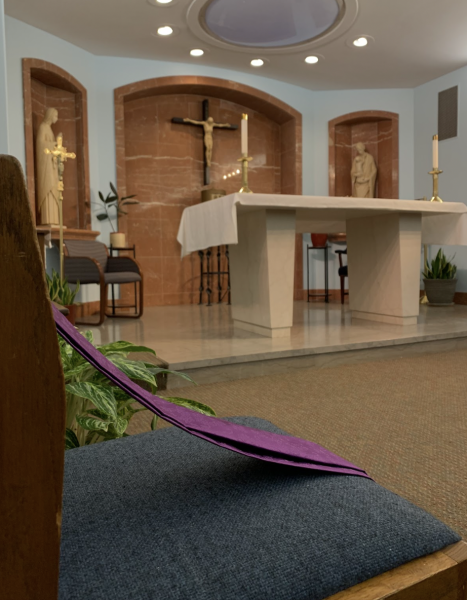Field trips aim to increase student learning and involvement
In school, students do their best to learn.
In school, students do their best to learn. Diligently they take notes, study PowerPoints and review flashcards. The hours of hard work result in memorization of the material. While other students leave a typical class smarter, they do not necessarily leave wiser.
Luckily, we are offered opportunities to leave as both.
Despite teachers’ best efforts, slide show notes cannot do some subjects justice. In order to gain a deeper understanding, students need to experience first hand a real life application or event.
One such field trip is the annual excursion to the Indiana State Forensics Lab for the forensic science classes taught by science teacher Mrs. Dawn Gilmore. The trip is followed by an in-class lab and discussion. Here, students can witness application of the topics they are learning in class.
Science teacher Mrs. Sue Mills’ anatomy classes participate in a trip to Earlham College. The college is ranked 10th for Ph.D.s in biological sciences and 14th in life sciences. While on the trip, students view gross anatomy of a human cadaver.
Science classes are not the only courses that benefit from enrichment outside the classroom. Math, language and social studies classes also utilize the ability to take learning one step further.
Social studies teacher Mr. Rick Streiff organizes a field trip to the federal court, where his students have the opportunity to listen to a sentencing hearing. Following the trip, students write a summary.
German teacher Mr. Josh Payne takes students to Ball State University for the German state convention, which includes both cultural experiences as well as academic competitions in which students participate.
From singing gospel music at churches to studying laws of motion at Kings Island, the possibilities to advance a student’s education are endless. Though knowing the basics through note taking is important, deeper understanding can be gained only through hands-on events. The numerous opportunists available for students are possible only because of the freedom and trust given to teachers, who realize that the best teacher is life.
Without these opportunities, we might be like any other typical high school. Students learn what they need to know. They pass the standardized tests. They memorize material long enough to fill in the correct ScanTron bubbles. Though the students may not be enthused about the career they chose to pursue, they continue on to college.
Or they excitedly read through textbooks, knowing that in the near future they will see the very concepts on their page turn to life. Suddenly, the information makes much more sense. After the trip, they remember what they did and what they learned. The experience will remain with them as just another memory of their education taken to the next level.






